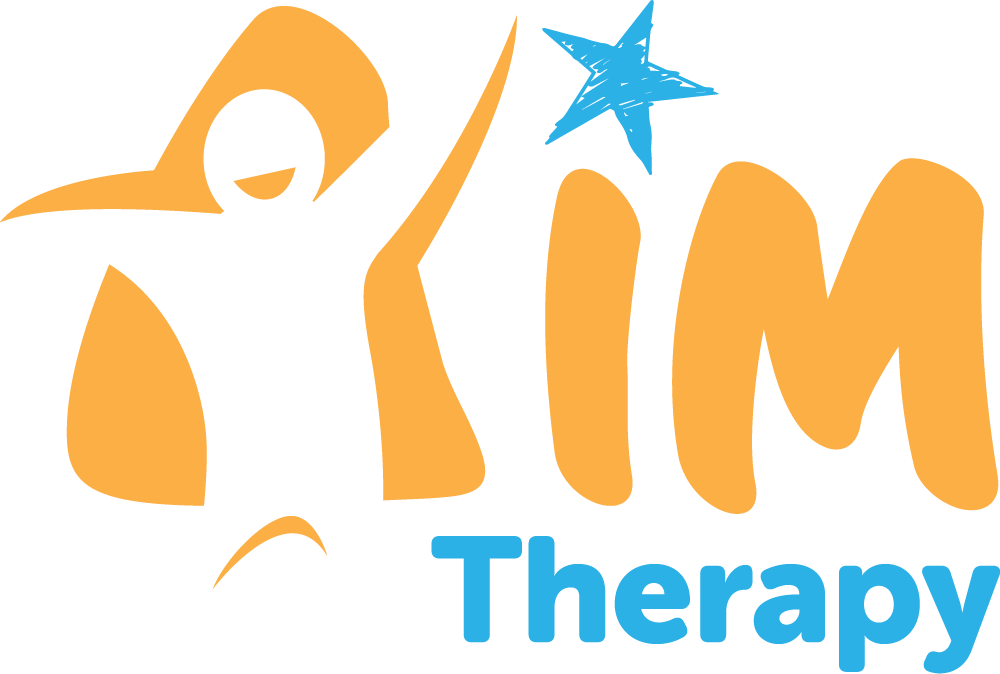The Role of Physiotherapy for Children with Developmental Delay
Developmental delay in children can significantly impact their overall growth and hinder their ability to reach key developmental milestones. However, with the help of dedicated physiotherapists, children with developmental delay can receive tailored interventions that promote their physical and cognitive development. Physiotherapy plays a crucial role in unlocking their potential and enabling them to lead fulfilling lives.
Enhancing Motor Skills
One of the primary focuses of physiotherapy for children with developmental delay is to enhance their motor skills. Physiotherapists work closely with these children to assess their current abilities and design personalized treatment plans. Through a variety of exercises, including stretching, strengthening, and coordination activities, physiotherapy helps improve muscle strength, balance, posture, and overall physical functioning. These interventions enable children to gain better control over their movements, boosting their confidence and independence.
Promoting Developmental Milestones
Developmental delay often hinders a child’s ability to achieve important milestones, such as crawling, walking, or jumping. Physiotherapy interventions are specifically tailored to address these delays and provide the necessary support for children to reach these milestones. Therapists employ various techniques like balance training, gait retraining, and sensory integration to promote the development of essential movement patterns. By creating a stimulating environment and employing play-based activities, physiotherapists engage children in fun and interactive sessions that encourage exploration and progression.
Improving Overall Quality of Life
Physiotherapy not only focuses on physical development but also addresses the overall well-being of children. By targeting areas such as coordination, strength, endurance, and flexibility, these interventions enhance the child’s ability to participate in daily activities, engage with peers, and experience a sense of accomplishment. Physiotherapy sessions often incorporate social interactions, promoting communication skills and fostering emotional growth. Moreover, therapists also provide valuable guidance to parents, equipping them with strategies and exercises that can be implemented at home to reinforce progress and ensure continuity of care.
At AIM Therapy, our physiotherapists take a holistic approach, considering the unique needs of each child. By working together as a multidisciplinary team, we can address the various facets of developmental delay and provide a well-rounded treatment approach that caters to the child’s specific requirements.
